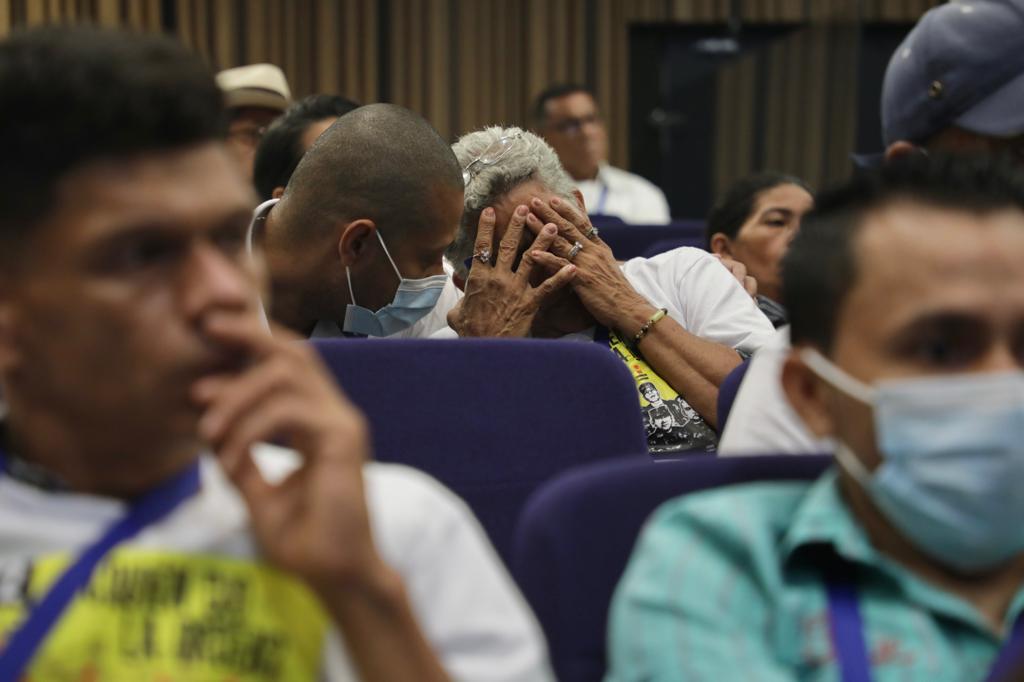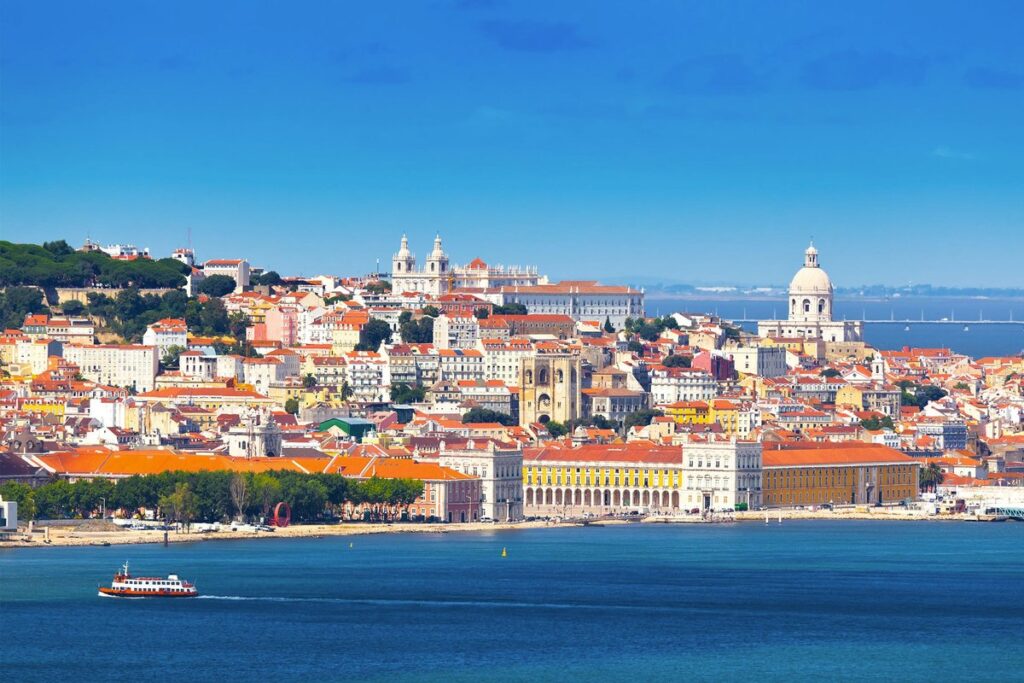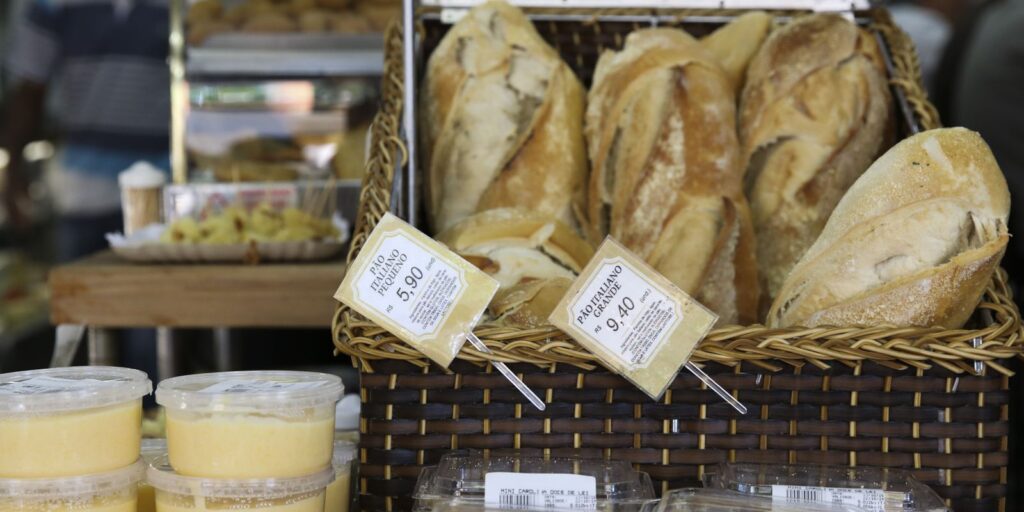“I am here for my sister, she gives me strength, we are crying out to be able to see the murderers of my sister, who was two months pregnant,” said María Faustina Martínez, sister of Noemí Pacheco, a murdered 13-year-old Wiwa girl. by members of the ‘La Popa’ battalion, during the recognition hearing of 12 soldiers before the Special Jurisdiction for Peace (JEP).
“If they were sent to take care of us, why didn’t they take care of us?” María Faustina, who paid tribute to the memory of her sister and other victims of the Wiwa and Kankuamo ethnic groups, left a poporo in the auditorium. .
In his turn, Efrain Andrade Perea, one of the soldiers who committed false positives when he was in the La Popa Battalion, said that it led him to commit these crimes.
“The casualties were between the battalion commander, the paramilitary chief, alias ’39’, and Manuel Valentín Padilla. The paramilitary chief called the battalion to collect the people who would be killed and presented as casualties,” as Andrade Perea recalled.
The opportunity arose for Neila Arias, who broke down in tears, narrated the murder of her father Enrique Laines Arias Martínez, a Kankuamo indigenous person, which occurred on June 22, 2004. She demanded justice and also asked to establish the responsibility of the people of the ethnic group who They pointed to his father as a guerrilla.
Victims and perpetrators recounted what happened in their own way. When it was the turn of Carlos Andrés Lora Cabrales, former commander of the special group Thunder, those present learned what these military units were created for.
“Belonging to that platoon was an honor, at this age of 44, I understand that this platoon was created to kill people,” said Lora Cabrales.
This Tuesday’s session is chaired by Judge Óscar Parra, rapporteur for the Caribbean Coast sub-case, Case 03, accompanied by Judges Belkis Izquierdo and Nadezhda Henríquez, from the Recognition Chamber; and Judge Alejandro Ramelli, of the Court of Peace.
By: Evelyn Diaz.
















